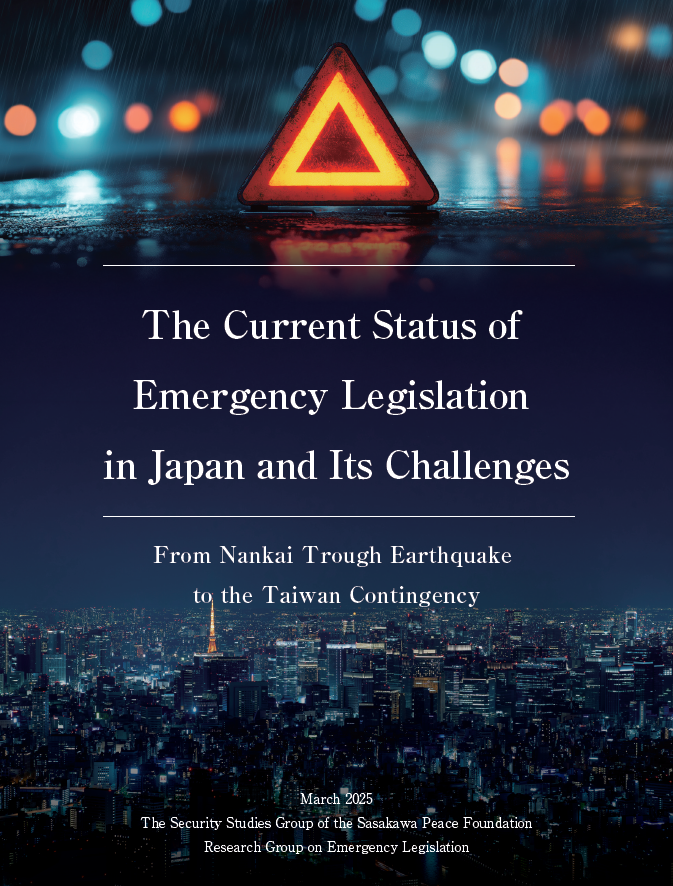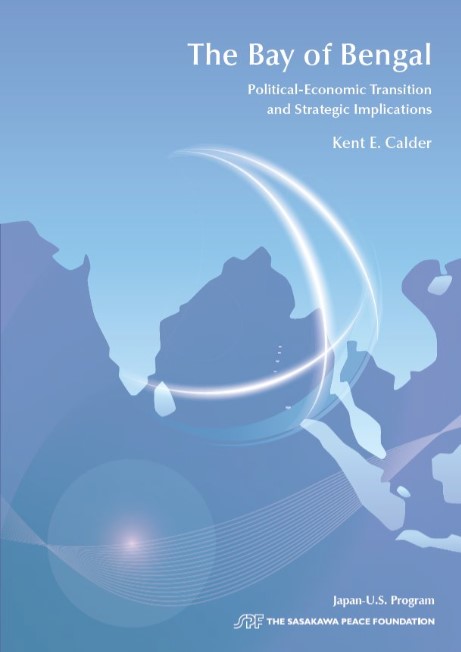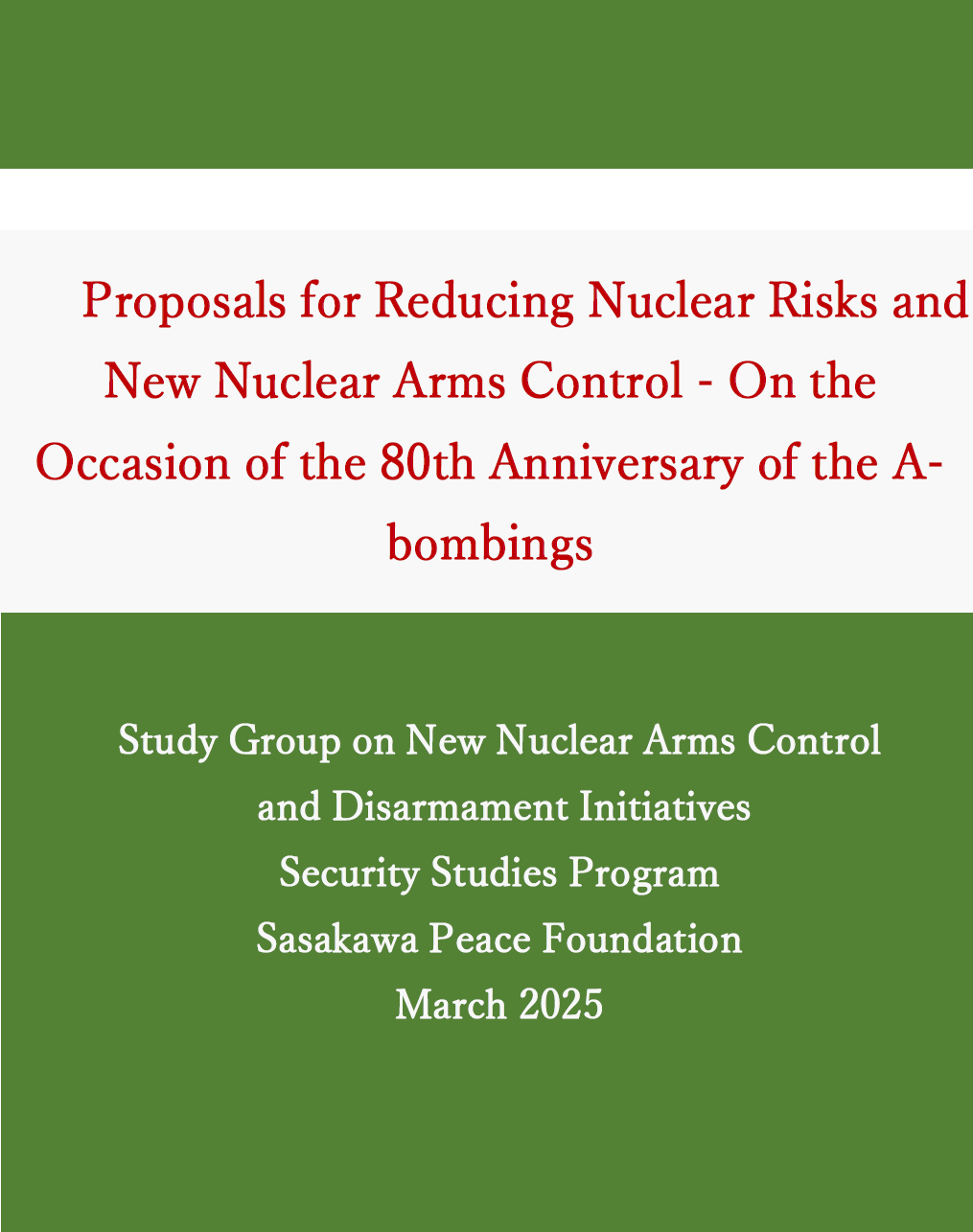
The Bay of Bengal
Political-Economic Transition and Strategic Implications
August 9, 2018
Japan-U.S. Program has published a monograph “The Bay of Bengal: Political-Economic Transition and Strategic Implications” by Prof. Kent E. Calder, Director of Reischauer Center for East Asian Studies, SAIS, Johns Hopkins University.
Historically, the seas have played a role to integrate regions beyond land-based borders. The Bay of Bengal is the conspicuous example of this phenomenon. In the past, the Bay have not attracted much attention in the world of politics, despite its role to connect South Asia and Southeast Asia. However, it is shifting to a theater of geopolitical competition as well as economic prosperity in recent years.
This monograph demonstrates how South Asia and Southeast Asia have been intermingled politically and economically through the Bay, highlights some economic and geopolitical challenges emerging in the region, and finally suggests some key elements for Japan and the U.S. to cooperate for the region.
Japan-U.S. Program | japan-us@spf.or.jp | Aya Murata, Madoka Kono
Historically, the seas have played a role to integrate regions beyond land-based borders. The Bay of Bengal is the conspicuous example of this phenomenon. In the past, the Bay have not attracted much attention in the world of politics, despite its role to connect South Asia and Southeast Asia. However, it is shifting to a theater of geopolitical competition as well as economic prosperity in recent years.
This monograph demonstrates how South Asia and Southeast Asia have been intermingled politically and economically through the Bay, highlights some economic and geopolitical challenges emerging in the region, and finally suggests some key elements for Japan and the U.S. to cooperate for the region.
Japan-U.S. Program | japan-us@spf.or.jp | Aya Murata, Madoka Kono
Description
| Category | SPF Japan-U.S. special monograph series |
| Author/Editor | Prof. Kent E. Calder Director, Edwin O. Reischauer Center for East Asian Studies, Paul H. Nitze School of Advanced International Studies, Johns Hopkins University |
| Date of Publication | July, 2018 |
| Contents | Introduction Chapter I: The Strategic Geography of the Bay of Bengal Chapter II: Historical Perspectives: Between Integration and Autarky Chapter III: Country Perspectives: The Shifting Profile of Political Risk Chapter IV: Economic Forces for Change Chapter V: China’s Deepening Influence Chapter VI: India’s Response Conclusion |

